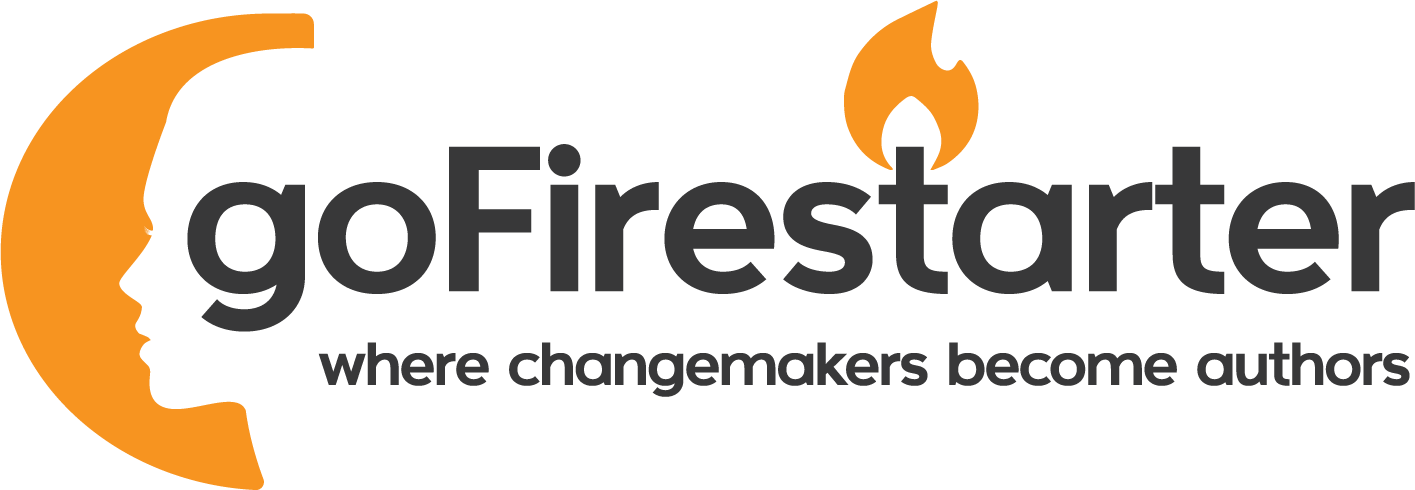Publishing While Pausing During the Pandemic
There is something about a pause -- especially the Great Pause -- that makes us realize what we have and have not accomplished in our lives. One thing I hear often is: "I've always wanted to write a book."
While some people come to me with a manuscript that needs refinement or completion, others have just the core of an idea. Sometimes, I will even reach out to people whom I find amazing and suggest that they get their wisdom down on paper to have a greater impact.
So what does it take to get a book project off the shelf? Here are a few questions I suggest you consider:
Why do you want to write a book? Reasons vary, and they are all valid. Some people want a book to further their brand, business, or career. Others want to share expert knowledge and self-help guidance. Many seek to create a legacy and help frame their incredible lives by writing a memoir or fiction. In my experience, all feel they have a story that needs to be told; the most successful are driven to get it down on paper.
Do you have what it takes? Writing takes discipline, time, and, sometimes, money. Discipline means making a commitment to the writing process, which can take several months. If you decide to employ a ghostwriter, you need time for interviews and review. If you are doing the heavy lifting yourself, most books still require a good professional editor -- a second set of eyes. In both cases, this means time and money.
Who is your audience? A hint -- everyone is not a good answer. The clearer you are able to define who will want to read your book, the better chance you have of a successful writing and publishing process. Try to understand what would make your book appeal to that audience, specifically how they would find it useful, different, fun, moving, provoking, etc.
Who is your competition? Go to Amazon and search for other books that sound like the one you have in mind or have written. Then determine if there is an audience for your book or if the market is oversaturated. If nobody has written a book like yours, try to analyze if your idea is really fresh and engaging, or if there is simply no interest from readers. This, of course, is based on you wanting readers for your book. It is perfectly valid to just write a book because you want to, but most authors want their words to be read. It's not unlike any other art such as music or painting.
Do you have a process? Some people write best early in the day; others are night writers. Generally, I have found that committing to writing a certain number of words each day keeps the process going. Books generally fall into the 55,000 - 70,000 word count, although it varies based on genre. You also need to watch out for compulsive editing. Most authors agree that constant rewriting and editing slows down the thinking and writing process. It often works best to get it all down, based on some sort of general chapter outline and then start editing. What's important is to understand that everyone has a different process. You have to find yours and make it as efficient and effective as possible.
Do you have a writing coach or accountability partner? As a published writer with both ghostwriting and editing clients, there are few things that excite me more than working with an author. But it only works if the fit is right because the work is intense, and you must honor and respect the writer's vision and voice. My suggestion is to either find a professional or someone as deeply committed to writing as you, In general, using your husband, wife, child, mother, father or best friend as a writing coach or accountability partner will not work very well. They simply are too close and lack objectivity.
One final thought. Writing your book should be fun. Holding the first printed copy in your hands should fill you with pride. Life, as we all understood because of the Great Pause, is fragile and needs to be fulfilling. I personally put writing and helping others write books on my top 10 list of things I have enjoyed the most in my life. See if book writing is on your bucket list, and then just do it.


